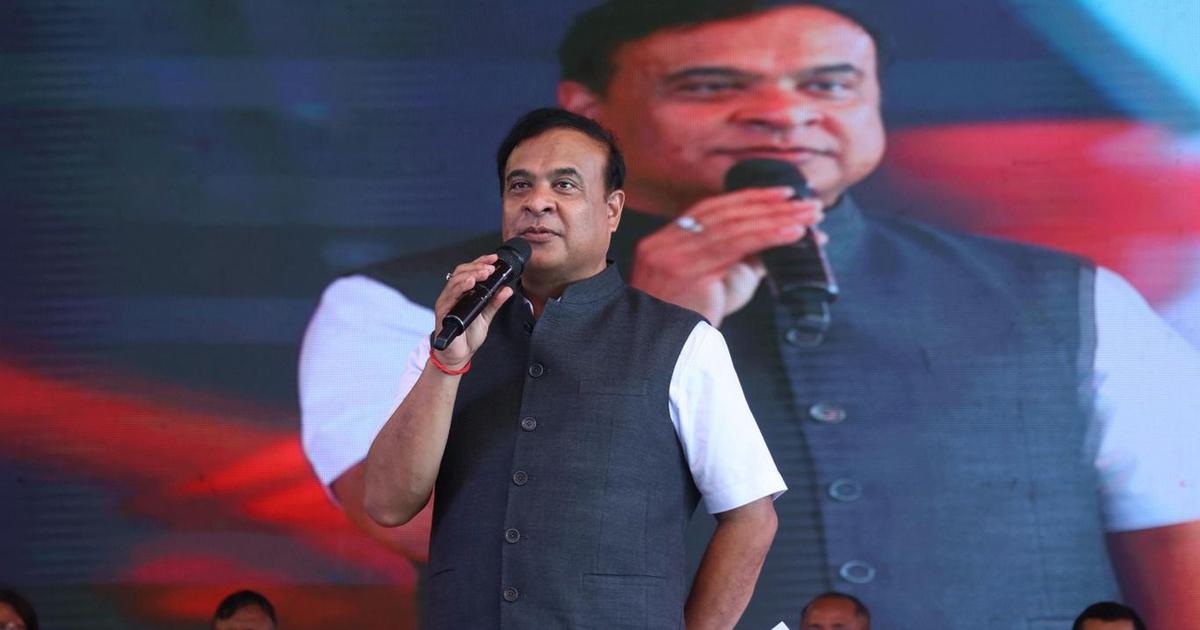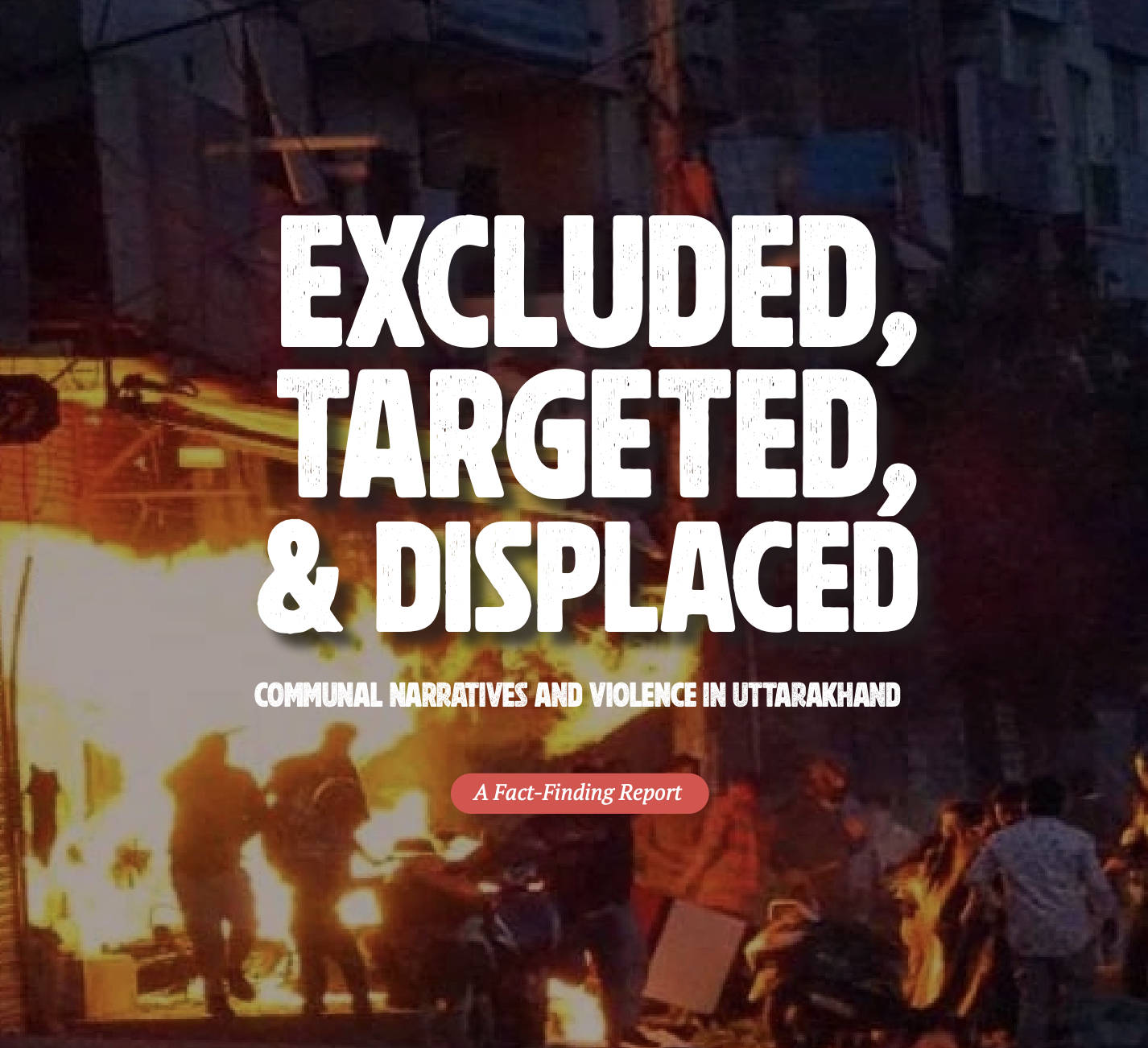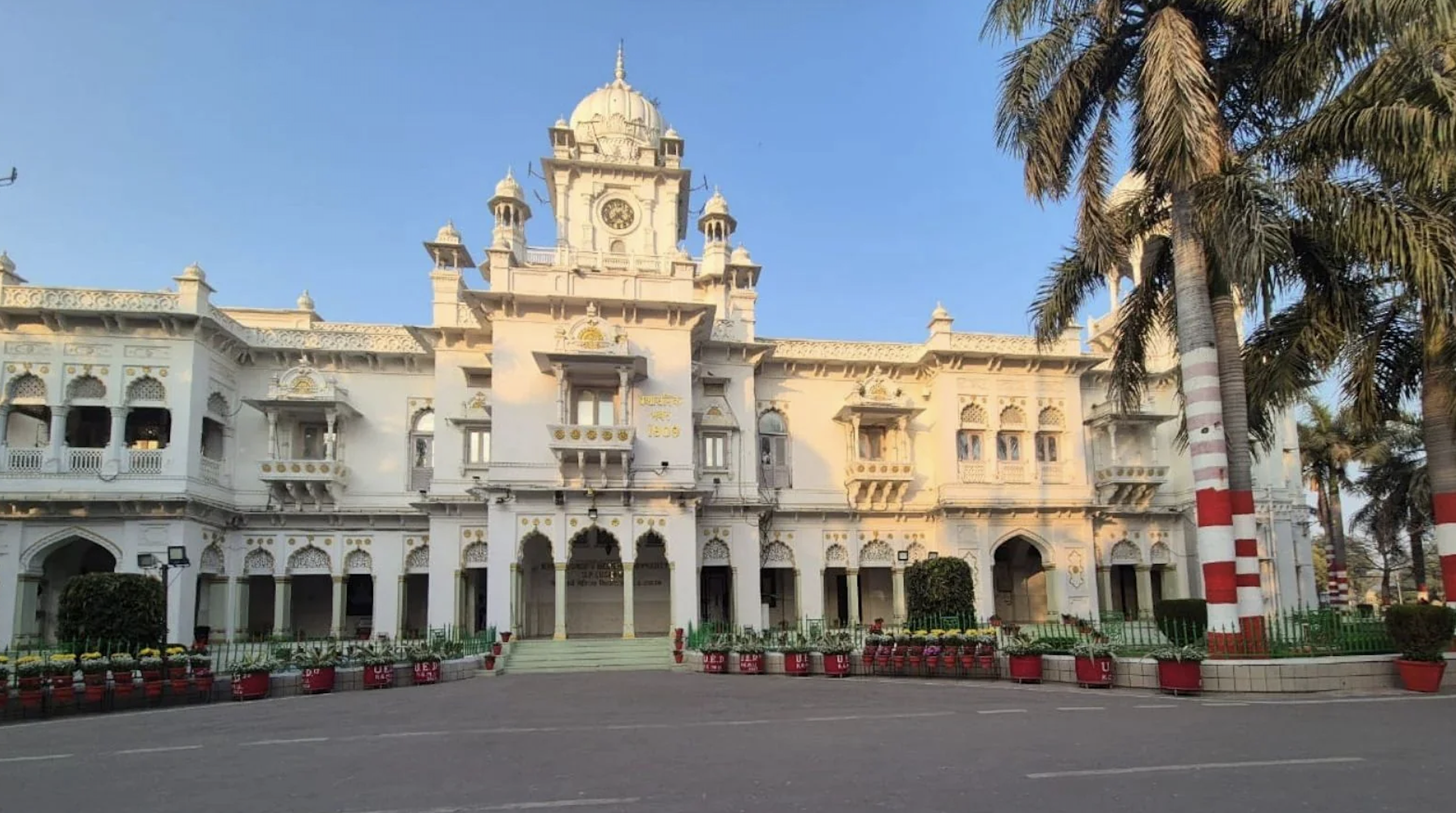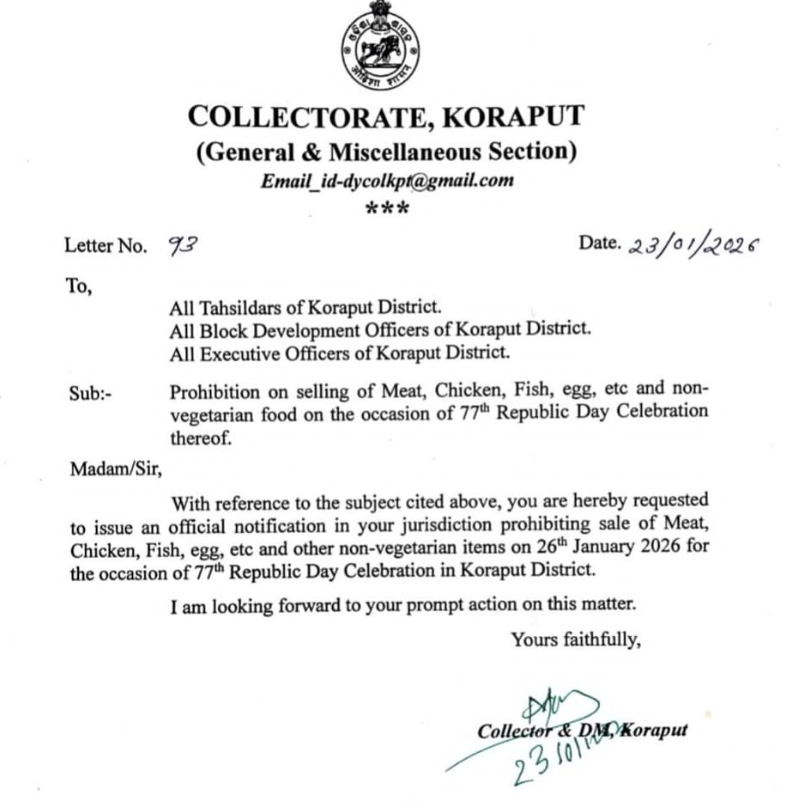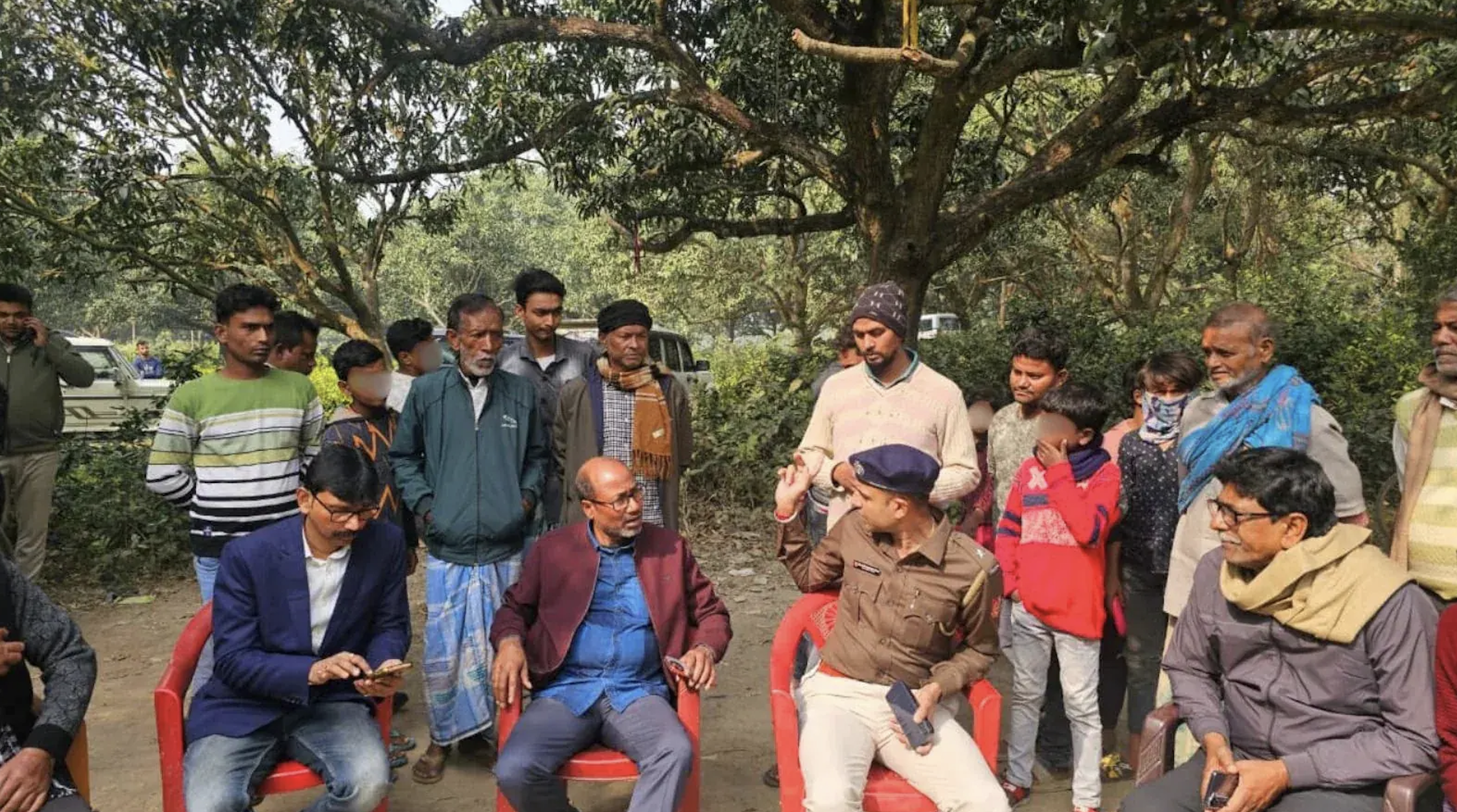
Political prisoner and former Jawaharlal Nehru University (JNU) student Sharjeel Imam announced on October 17 his withdrawal from the 2025 Bihar assembly elections. In a statement from prison, Imam cited repeated bail rejections as the primary reason. “We, my team and I, have decided not to contest the Bihar elections 2025.
The main reason is that my bail was rejected by the Delhi High Court (2 Sep, 2025), and even though we moved to the Supreme Court immediately (9 Sep, 2025), we failed to get interim relief,” he stated.
Imam had previously sought two weeks’ interim bail from a Delhi court to campaign in the Bahadurganj constituency, Kishanganj district. Despite expectations of bail by late October—postponing his release around election time—the delays proved insurmountable. “The state has put hurdles on our path, and I’ll be unable to personally campaign and mingle freely with my constituency,” the statement noted.
Challenges as a Political Prisoner
Imam highlighted “extreme restrictions” faced as a political prisoner, limiting communication and campaign efforts. “One month was not sufficient,” he said, emphasizing that he and his team are not “traditional politicians” but carriers of a “new democratic message” advocating structural changes for marginalized sections—issues absent from mainstream discourse. These include decentralization, proportional representation, minority reservations across castes, and religious autonomy.
He framed his role as a duty to raise awareness among the “new emerging class of political actors.” Withdrawal allows focus on this mission: “Our primary responsibility is spreading our message… We have to force those who seek our votes to address these fundamental issues.”
Imam thanked his team, Bahadurganj supporters, and nationwide solidarity backers.
Background and Ongoing Detention
A native of Kako village in Jehanabad, Bihar, Imam has been in Tihar Jail since January 2020—over five years in pre-trial detention. Jailed over protests against the Citizenship Amendment Act (CAA) and National Register of Citizens (NRC), he faces charges under the Unlawful Activities (Prevention) Act (UAPA) in the Delhi riots conspiracy case. Though granted bail in other matters, he remains incarcerated due to this stringent law.
The decision underscores judicial and state barriers to political participation for activists, amplifying calls for reform in India’s electoral and legal systems. — With Agencies Inputs
This story was originally published in muslimmirror.com.


